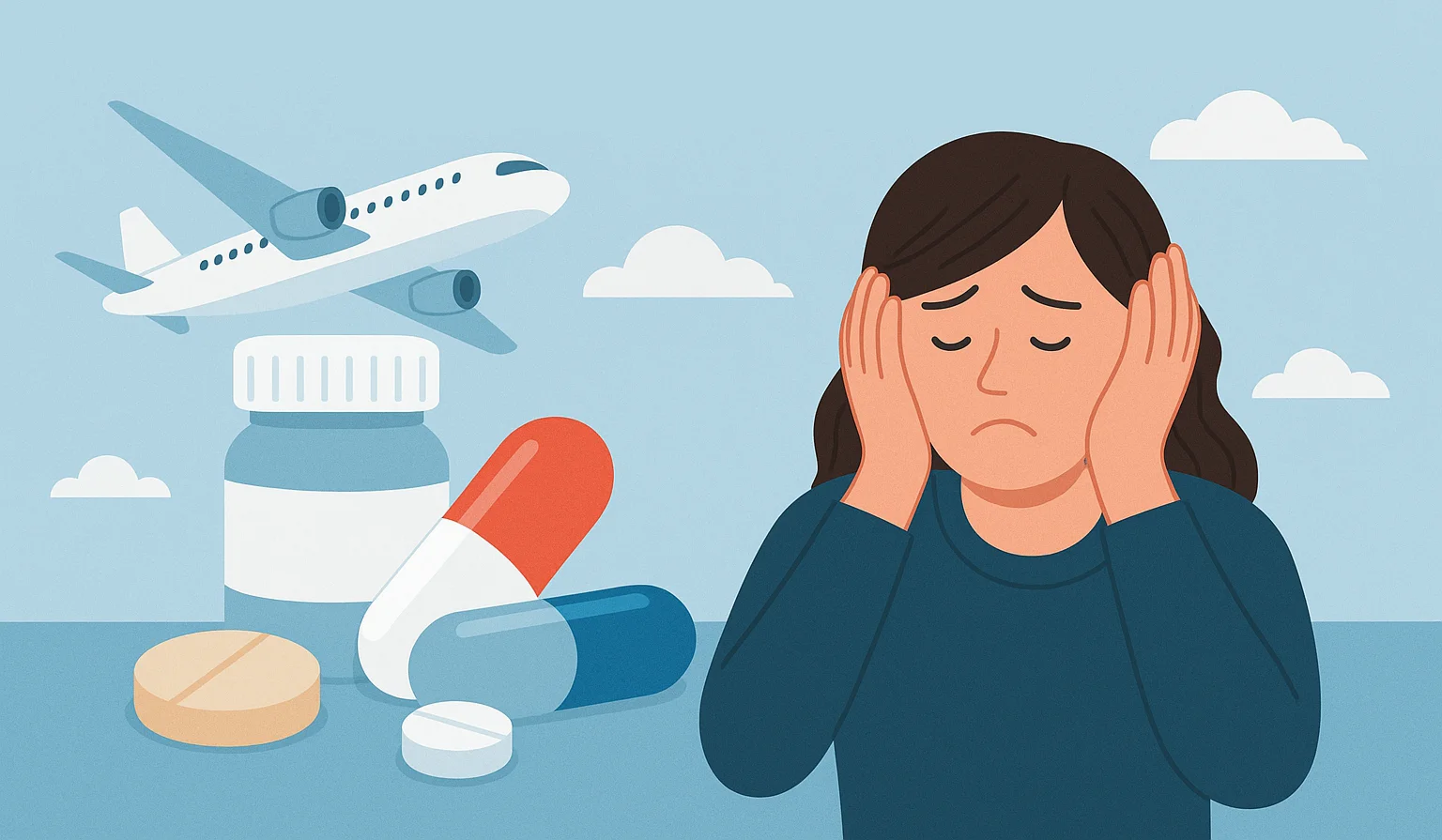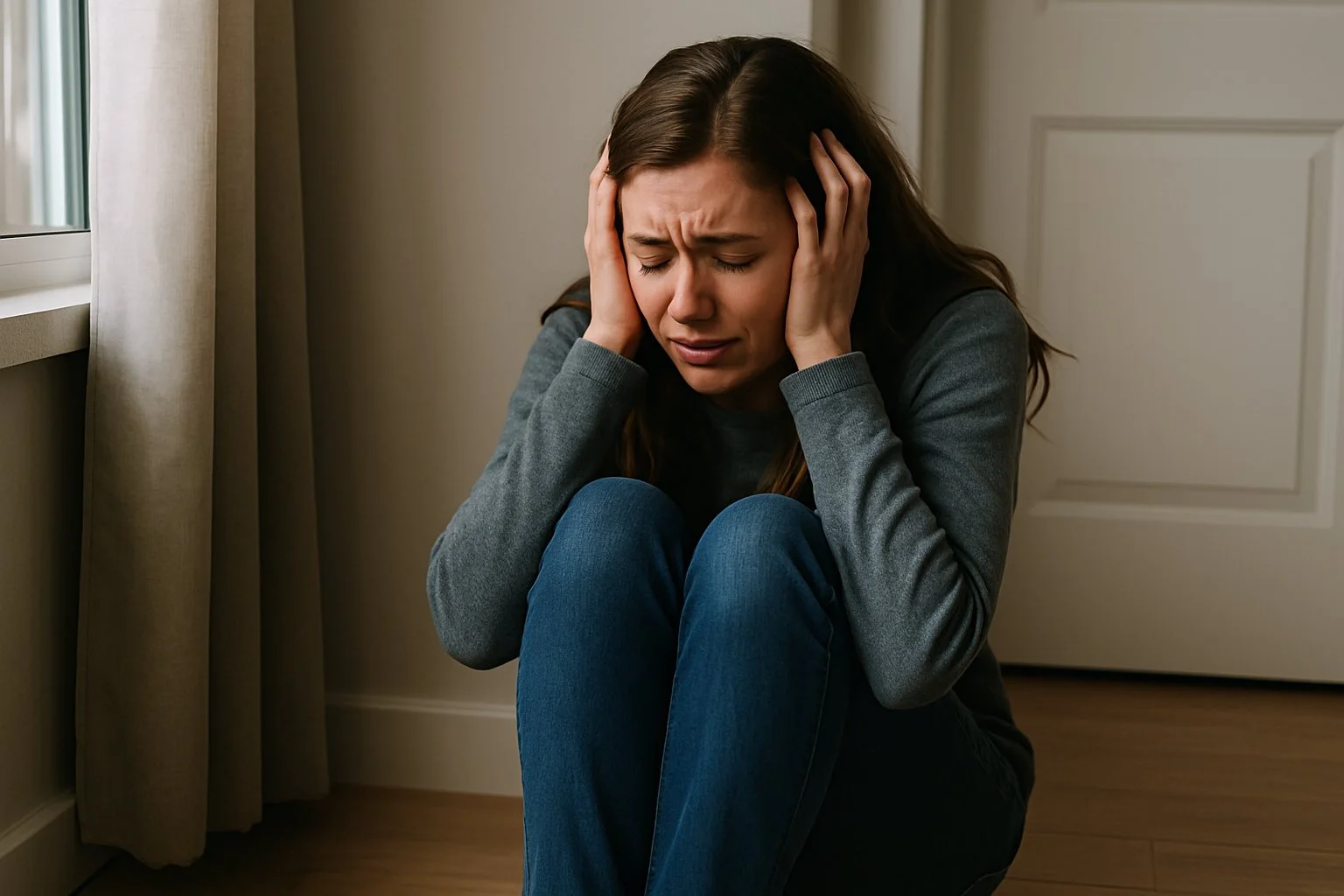4 Ways to Deal With Social Anxiety
What we can help with?
Social anxiety, or social phobia, is one of the most common forms of anxiety problem in today’s world. Getting professional help can often be the best way to overcome your problems but you can also take steps to improve this aspect of your life for yourself. Let’s look at some of the best ways to ease your social anxiety in daily life.
What is social anxiety?
Social anxiety is characterised as a fear of social situations. Those with social anxiety often feel stressed and anxious about looming social events or meeting new people and will struggle to make eye contact when talking to the people they meet.
As mentioned at the start of this article, seeking professional help is the best way to overcome an issue like social anxiety. Here at NOSA CBT, we offer specialised talking therapy services for issues like social anxiety, and we encourage you to get in contact with our friendly team if you want to improve this aspect of your life.
What are the symptoms of social anxiety?
Social anxiety comes with a range of symptoms. If you think that you are experiencing one, a few, or all of these symptoms, it’s well worth speaking to a professional so that they can evaluate you and assess your treatment needs.
The following symptoms are common among those living with social anxiety.
- The perception that you leave a bad impression during social interactions.
- Beliefs that other people are watching you closely and judging you negatively.
- A preoccupation with a physical symptom during social interactions, including blushing, stammering, freezing or shaking.
- Mentally reviewing past social interactions and beating yourself up for behaviours and/or symptoms you displayed.
- Avoidance of social situations due to an intense fear or anxiety.
NOSA CBT offers a two-hour assessment session for £90. This gives us the chance to assess your symptoms and discuss a treatment plan that works for you.
Helping Yourself To Better manage Social Anxiety
There are many steps that you can take in your own life to improve social anxiety. Following these steps is just the start, and there are plenty of methods that a therapist can teach you to give you even more control.
1. Challenge your social anxiety
Social situations are daunting for those with social anxiety, but this will only get worse if you don’t challenge yourself. Meeting new friends, going to social events, and even taking the time to have a conversation with a local shopkeeper can all help to boost your confidence. The more you socialise and challenge your social anxiety, the easier it will be.
2. Challenge negative thoughts about your social abilities
The way you view yourself and the way that others see you are very different. This leads to many people having thoughts about the way that their friends and colleagues view them that don’t reflect reality.
Breaking down these false perceptions takes time, but you have to challenge the thoughts that drive your social anxiety to achieve this. For example, if you worry about your relationships when someone doesn’t have time to spend with you, it’s worth thinking about the busy aspects of their life. In most cases, they will just have their own things going on.
It’s important to focus on other people when you find yourself struggling with social anxiety. As time goes by, you will find it easier and easier to look at social situations from other people’s perspectives, and it’s rarely as bad as you think.
3. Improve your lifestyle
There are many aspects of a normal lifestyle that can contribute to social anxiety. Those who are self-conscious and don’t feel comfortable in their own skin can develop social anxiety as a result of their personal image.
Improving your lifestyle by being more active will help boost your body image and make you feel more confident around others, but this is just one example of a lifestyle change that can help with anxiety. Changing your diet, quitting smoking, and getting better sleep can also make it easier to overcome social anxiety.
4. Develop grounding methods
As with any kind of anxiety, developing grounding methods is a great way to maintain control during challenging situations. Remember to stay grounded in your environment by practising grounding techniques.
Practising your grounding methods when you don’t need them will help to prepare you for when you do. This makes it well worth taking the time to get comfortable with the methods you have available to you.
How to get help for social anxiety
NOSA CBT is an anxiety treatment specialist, ensuring that our team of professionals are best equipped to help you with problems. You can get in contact with our team using the contact form at the bottom of this page or by calling our phone number.
We can provide talking therapy for anxiety over video chat or in person in our comfortable and welcoming Bristol clinic.
Looking for more insights into CBT and how it can help? Explore our client journeys to see real experiences of those who have benefitted from therapy. For further reading, visit our blogs, where we cover a range of mental health topics. If you have any questions, our FAQ page provides helpful answers about therapy, treatment options, and more.



